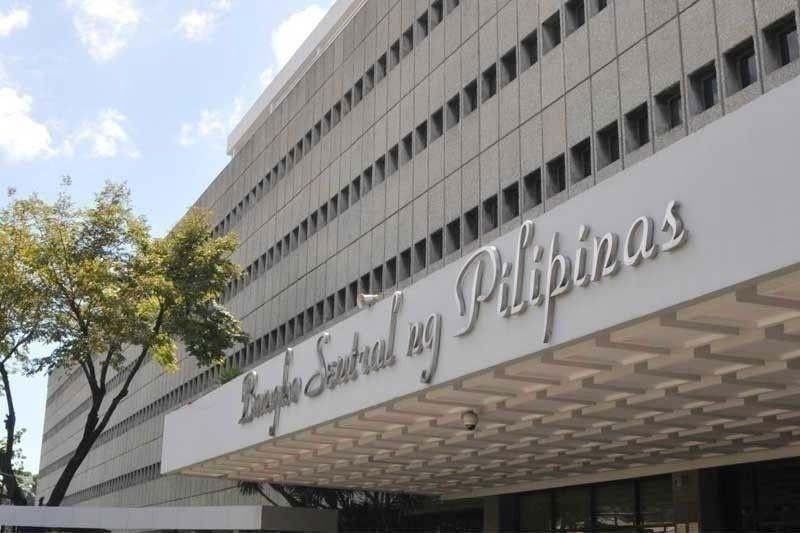Analysts expect no change in BSP policy rates

MANILA, Philippines — Monetary authorities are likely to keep borrowing costs unchanged as inflation turned out slower than expected and economic growth seems to hold up despite the high interest rate environment, analysts said.
Makoto Tsuchiya, economist at Oxford Economics, said the Bangko Sentral ng Pilipinas (BSP) is likely to keep its policy rates steady at 6.50 percent when the policy-setting Monetary Board holds its scheduled meeting on Thursday.
“April inflation came in line with the BSP’s expectation, which makes it likely that the central bank will maintain its relatively hawkish tone, signaling the first cut by the end of the year or possibly next year if inflation surprises to the upside,” he said.
Headline inflation rose slightly to 3.8 percent in April from 3.7 percent in March, driven by faster increases in food and transport costs. Year to date, inflation averaged 3.4 percent.
Tsuchiya said Philippine inflation will likely average at 3.6 percent this year, but risks continue to cloud the outlook. This could prompt the central bank to stay on hold until the fourth quarter, when it could cut rates twice by 25 basis points.
Security Bank chief economist Robert Dan Roces said a hold on Thursday seems appropriate as inflation remained within the two to four percent target of the central bank.
“Additionally, external factors like rising global interest rates and potential capital flight could lead the BSP to maintain current rates to ensure competitiveness and manage inflation expectations,” he said.
However, May inflation data, peso performance and the policy decisions of the US Federal Reserve should be closely monitored as these could influence the BSP’s decisions beyond May, Roces added.
Aris Dacanay, economist for ASEAN at HSBC, said there is no pressure for the BSP to hike policy rates nor is it in a rush to start monetary easing.
“We do not think there is a need to hike to support the peso and prevent any forex-induced inflation, nor is there a need to tighten the monetary reins further to tame inflation. All is well, in our view,” he said.
Dacanay noted that risks to inflation are now tilted to the downside. The government’s Administrative Order 20, which takes down non-tariff barriers to food imports, will also improve food supply conditions and help cool inflation.
He also said that even when inflation breaches the target due to base effect, this would only be temporary and would likely return within the target band as early as August or September.
The BSP will also not cut policy rates even if first-quarter gross domestic product (GDP) growth came in weaker than expected at 5.7 percent year on year.
“All things considered, this growth rate does not warrant any early policy rate cut…With growth intact, the BSP continues to have the luxury to keep its monetary stance tight while the Fed maintains a more hawkish tone,” Dacanay said.
ING Bank Manila senior economist Nicholas Antonio Mapa said the BSP would only cut rates as soon as the US Fed does. However, the current restrictive level is weighing on GDP growth.
“We could see the BSP provide some relief to the economy as soon as the third quarter but more likely in the fourth quarter,” he said. “We expect inflation to slide starting in August and GDP could possibly remain challenged, which would improve the case for accommodation.”
For his part, UnionBank chief economist Ruben Carlo Asuncion said the Monetary Board would wait until El Niño effects have receded, local food supply has normalized, and rice inflation has narrowed before cutting borrowing costs.
He also cited looming risks to the inflation outlook, including possible hikes in minimum wage as well as geopolitical tensions in the Middle East.
“We are still at the stage when the best we can say is for inflation in the coming months to plateau or stabilize in and around four percent, while we wait for the downside to come in the third quarter,” Asuncion added.
- Latest
- Trending
























